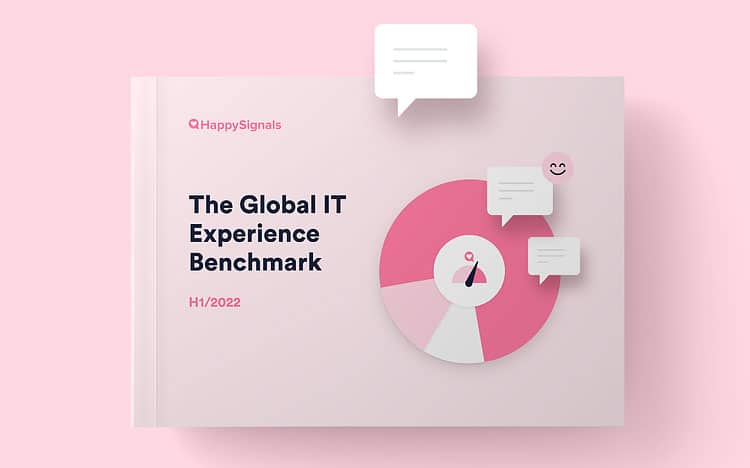Phoenician Legacy: For the past thirty or so years, headlines concerning Lebanon have more often than not been occupied by the tragic, the unsettling, and what may be euphemistically described as the concerning. More recently, Lebanon’s ongoing economic crisis and political turmoil have put the worse front and center: GDP declined by 21% in 2020 and 10.5% in 2021, while much of the political class has been mired in corruption scandals, so much so that the country has become nearly synonymous with it.
Nevertheless, the actual, Phoenician, tradition of Lebanon as an open, opportunity-seeking seafaring nation has stood the test of time in the form of Lebanon’s great business families – what I personally call Lebanon’s superclans.
These superclans rose from the Lebanese business community, which possesses an extensive global network built on the Lebanese diaspora that spans across continents, including Europe and Africa. This network provides Lebanese businesspeople with unique access to international markets, investment opportunities, and potential partners. Furthermore, many Lebanese individuals are multilingual, speaking Arabic, French, and English fluently. This linguistic advantage enhances their ability to communicate and collaborate with businesses worldwide, facilitating international trade and negotiations.
The Lebanese Superclans
Lebanese business families have not only made an impact within their borders but have also extended their influence on the international business arena. Many of these families have leveraged their entrepreneurial spirit to establish successful ventures abroad, contributing to global trade, investment, and economic growth. As diaspora communities have spread around the world, these families have built transnational networks that connect Lebanon to various corners of the globe.
Most notably but not exclusively, these include:
- Hariri Family: The Hariri family is among the most well-known in Lebanon, with investments in sectors such as construction, telecommunications, media, and banking. Rafic Hariri, the late Prime Minister of Lebanon, was a prominent figure who founded the Hariri Group and played a pivotal role in the country’s post-civil war reconstruction.
- Mikati Family: The Mikati family has also been a significant player in Lebanon’s business landscape. The family’s involvement spans telecommunications, real estate, and investments. Nagib Mikati served as Lebanon’s Prime Minister multiple times and has been involved in various philanthropic endeavors.
- Khoury Family: With interests in finance, industry, and real estate, the Khoury family has left an indelible mark on Lebanon’s business scene. They are known for their contributions to banking and investments, playing a crucial role in shaping the country’s financial sector.
- Daher Family: A prime example of a successful Lebanese family business on the international stage, the Azadea Group operates a diverse portfolio of retail brands across the Middle East, North Africa, and Europe. The company’s expansion highlights the entrepreneurial drive and global outlook of Lebanese business families.
The list is not exhaustive. Indeed, my own country, Romania, proudly hosts the Murad family, with extensive interests in the leisure industry, foodstuffs, several chains of restaurants – and not least, a list of philanthropic initiatives. Mexico’s Slim is of Lebanese origin and so is Brazil’s famous Safra family.
Takeaway
The Lebanese diaspora and superclans, in particular, serve as a testament to the resilience, adaptability, and dynamism of a people who have always ventured far from their homeland. Across continents, Lebanese expatriates have become drivers of progress, innovation, and cultural exchange. Their impact extends beyond economic success to encompass diplomacy, philanthropy, and the preservation of a rich cultural heritage.
As the Lebanese diaspora and its superclans continue to evolve and make their mark on the world stage, their legacy remains an inspiring testament to the enduring bonds between people and the profound influence they can have, regardless of the distances that separate them.
Written by Radu Magdin.
Have you read?
Here Are 29 Inspirational Women CEOs Making An Impact, 2023.
Countries With The Most Billionaires, 2023.
The Exclusive $100 Billion Club (And How They Made Their Fortune).
Africa’s Billionaires 2023: Who Are the Richest People in Africa?
The 10 Female CEOs in FTSE 100 companies in the United Kingdom, 2023.
Add CEOWORLD magazine to your Google News feed.
Follow CEOWORLD magazine headlines on: Google News, LinkedIn, Twitter, and Facebook.
Thank you for supporting our journalism. Subscribe here.
For media queries, please contact: info@ceoworld.biz











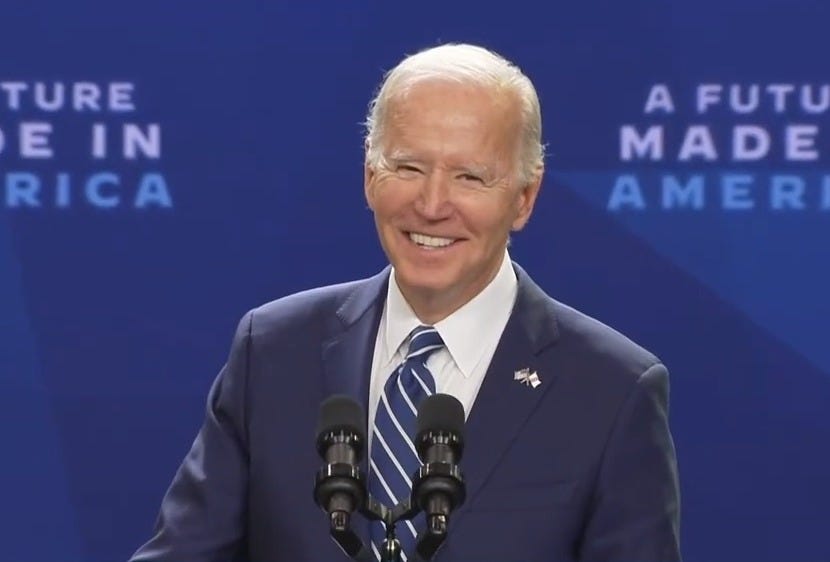










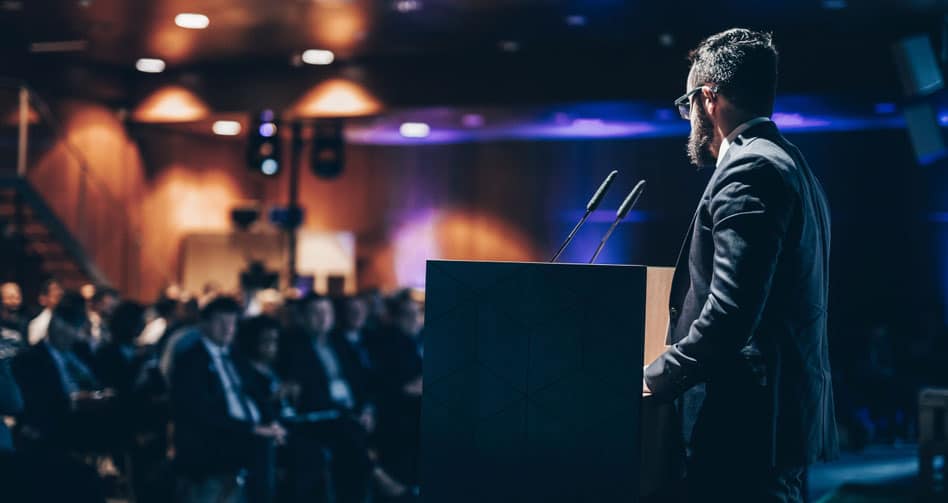




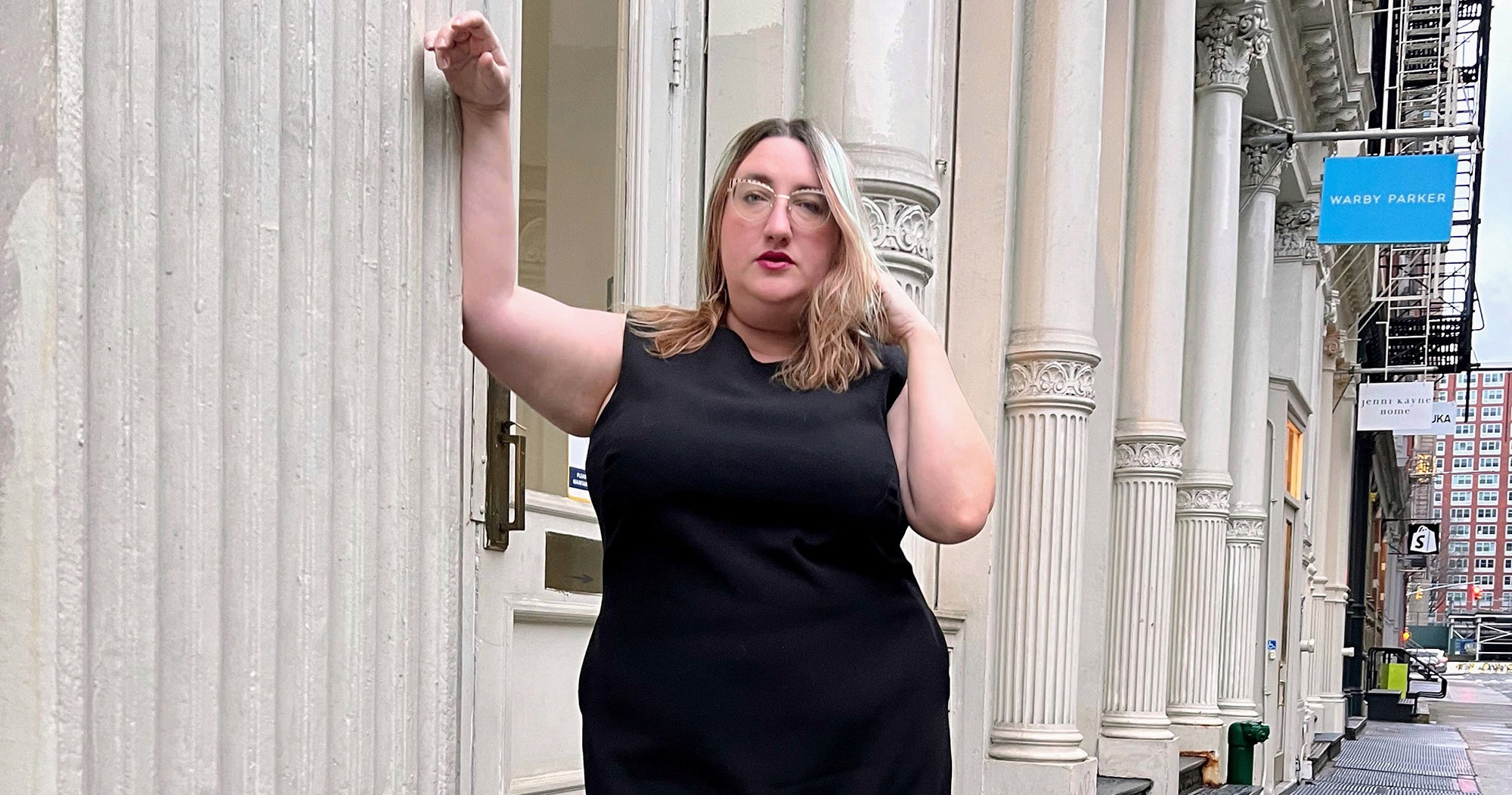
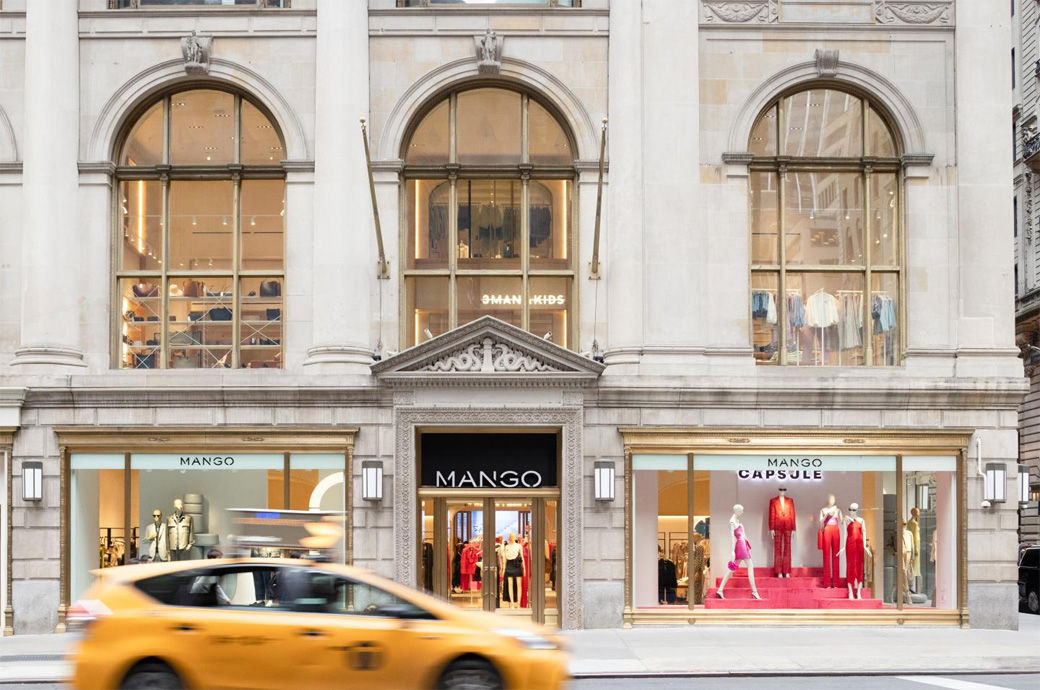






























![LinkedIn Provides Tips on How to Promote Live Events [Infographic] LinkedIn Provides Tips on How to Promote Live Events [Infographic]](https://imgproxy.divecdn.com/kA4YczoBIs8NmPBiERWa-OxzvYMz5kwjjZ6wewP8z7c/g:ce/rs:fit:770:435/Z3M6Ly9kaXZlc2l0ZS1zdG9yYWdlL2RpdmVpbWFnZS9saW5rZWRpbl9ldmVudF9hZHNfaW5mb18yLnBuZw==.webp)










